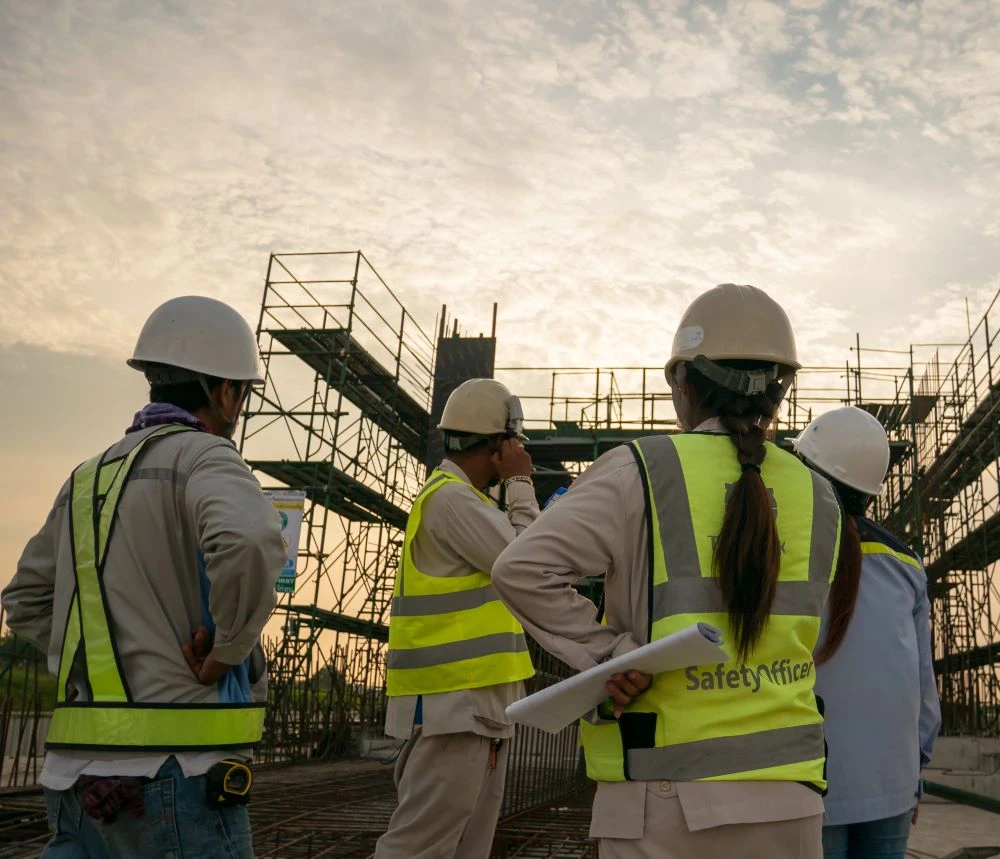
Hiton
## Hilton: A Century of Hospitality, Innovation, and Global Reach




Section One
Hilton, a name synonymous with hospitality, boasts a century-long history etched with innovation, expansion, and a commitment to guest satisfaction. From its humble beginnings as a single hotel in Cisco, Texas, to its current status as a global behemoth with a diverse portfolio of brands, Hilton's journey exemplifies the enduring power of vision, adaptation, and a relentless pursuit of excellence. This article explores the key milestones, strategic shifts, and enduring legacy of this hospitality giant. The Conrad Hilton Era: Building a Legacy (1919-1979) The story begins with Conrad Hilton, a visionary entrepreneur who purchased the Mobley Hotel in Cisco, Texas, in 1919. This seemingly small acquisition ignited a lifelong passion for the hospitality industry. Hilton's shrewd business acumen and unwavering ambition propelled him to acquire more hotels, expanding his reach across the United States. His strategy involved not just acquiring properties but also strategically developing them, upgrading amenities, and focusing on delivering consistent, high-quality service.
Section Two
The acquisition of the Stevens Hotel in Chicago in 1945, later renamed the Conrad Hilton Hotel, marked a pivotal moment. This grand hotel, the largest in the world at the time, established Hilton's presence in a major metropolitan area and served as a springboard for further expansion. Hilton's shrewd understanding of the growing demand for air travel led him to strategically locate hotels near airports, anticipating the boom in air travel and catering to the burgeoning business traveler segment.
Section Three
Conrad Hilton's approach transcended mere accommodation; he understood the importance of creating memorable experiences. He emphasized impeccable service, modern amenities, and a commitment to creating a welcoming and luxurious environment. He fostered a strong corporate culture, emphasizing employee training and empowerment, understanding that happy employees translate to satisfied guests. This focus on both service and infrastructure laid the foundation for Hilton's future success. Post-Conrad Era: Diversification and Global Expansion (1979-Present) After Conrad Hilton's passing, the company continued its expansion trajectory, but with an increased focus on diversification and global reach. The late 20th and early 21st centuries saw Hilton aggressively pursue acquisitions, expand its brand portfolio, and tap into emerging markets. This period was characterized by strategic acquisitions of other hotel chains, strengthening its presence in different market segments and geographical regions.




Section Four
The introduction of various hotel brands under the Hilton umbrella played a significant role in their success. Hilton recognized the need to cater to diverse customer segments, with brands like Hampton Inn targeting budget-conscious travelers, while Waldorf Astoria catered to the luxury segment. This strategic diversification allowed Hilton to capture a wider market share and reduce dependence on a single brand or market segment.
Section Five
Furthermore, Hilton's globalization strategy proved remarkably successful. The company aggressively expanded into international markets, adapting its offerings to local preferences and cultural nuances. This involved not just building new hotels but also establishing strategic partnerships and alliances with local businesses and investors. The result has been a remarkable global presence, with Hilton hotels operating in almost every corner of the world. Innovation and Technology: Adapting to the Modern Landscape Hilton has consistently demonstrated its commitment to innovation and technology. The company has been at the forefront of adopting new technologies to enhance the guest experience, streamline operations, and improve efficiency. The introduction of online booking systems, mobile check-in/check-out, and personalized guest services through its Hilton Honors loyalty program are testament to this commitment.
Section Six
More recently, Hilton has embraced cutting-edge technologies like artificial intelligence (AI) and machine learning (ML) to personalize guest experiences, optimize pricing strategies, and improve operational efficiency. The use of AI-powered chatbots for guest service, predictive analytics for demand forecasting, and smart room technologies that allow guests to control room settings via mobile devices exemplify Hilton's commitment to leveraging technology to create a superior guest experience. Sustainability and Social Responsibility: Hilton's commitment extends beyond profits; it recognizes its social and environmental responsibilities. The company has implemented several initiatives to minimize its environmental footprint and contribute to the communities where it operates. This includes initiatives aimed at reducing energy consumption, water usage, and waste generation, as well as supporting local communities through various philanthropic programs.




Section Seven
The company's "Travel with Purpose" sustainability and social impact strategy is a testament to its commitment to responsible tourism. This initiative focuses on several key areas, including reducing environmental impact, creating inclusive workplaces, and supporting local communities. Hilton's commitment to sustainability is not just a PR exercise; it’s integral to its long-term strategy and reflects a growing awareness of the industry's impact on the environment and society. The Future of Hilton: Hilton's success story is far from over. The company continues to innovate, expand, and adapt to the ever-changing landscape of the hospitality industry. While facing challenges like economic downturns and global pandemics, Hilton has demonstrated resilience and adaptability, consistently evolving to meet the needs of its guests and the changing demands of the market. Its commitment to innovation, technological advancements, and sustainability positions it for continued success in the years to come. As the company enters its second century, its legacy of hospitality, innovation, and global reach ensures that the Hilton name will remain synonymous with quality, comfort, and memorable travel experiences for generations to come.
Section Eight
Section Nine



